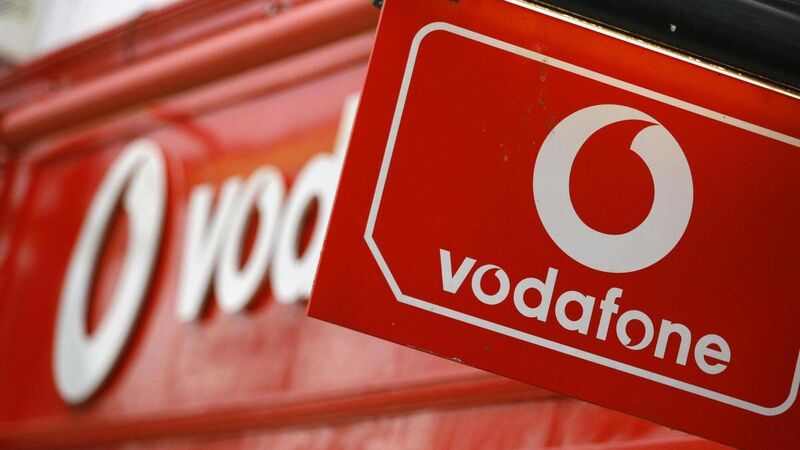Vodafone-Three UK merger may push bills up says UK watchdog

A final decision on whether to allow the merger to go through will be made in December.
The prospective £14.45bn (€17bn) merger in the UK of telecoms companies Vodafone and Three could push up bills for millions of mobile customers and impact providers like Sky Mobile by reducing the number of networks from four to three, the country’s competition regulator has said.
However, the Competition and Markets Authority (CMA) also said the deal could improve network quality and speed up the deployment of next generation 5G, adding it would examine solutions to its concerns before making a final decision on the matter in December.











